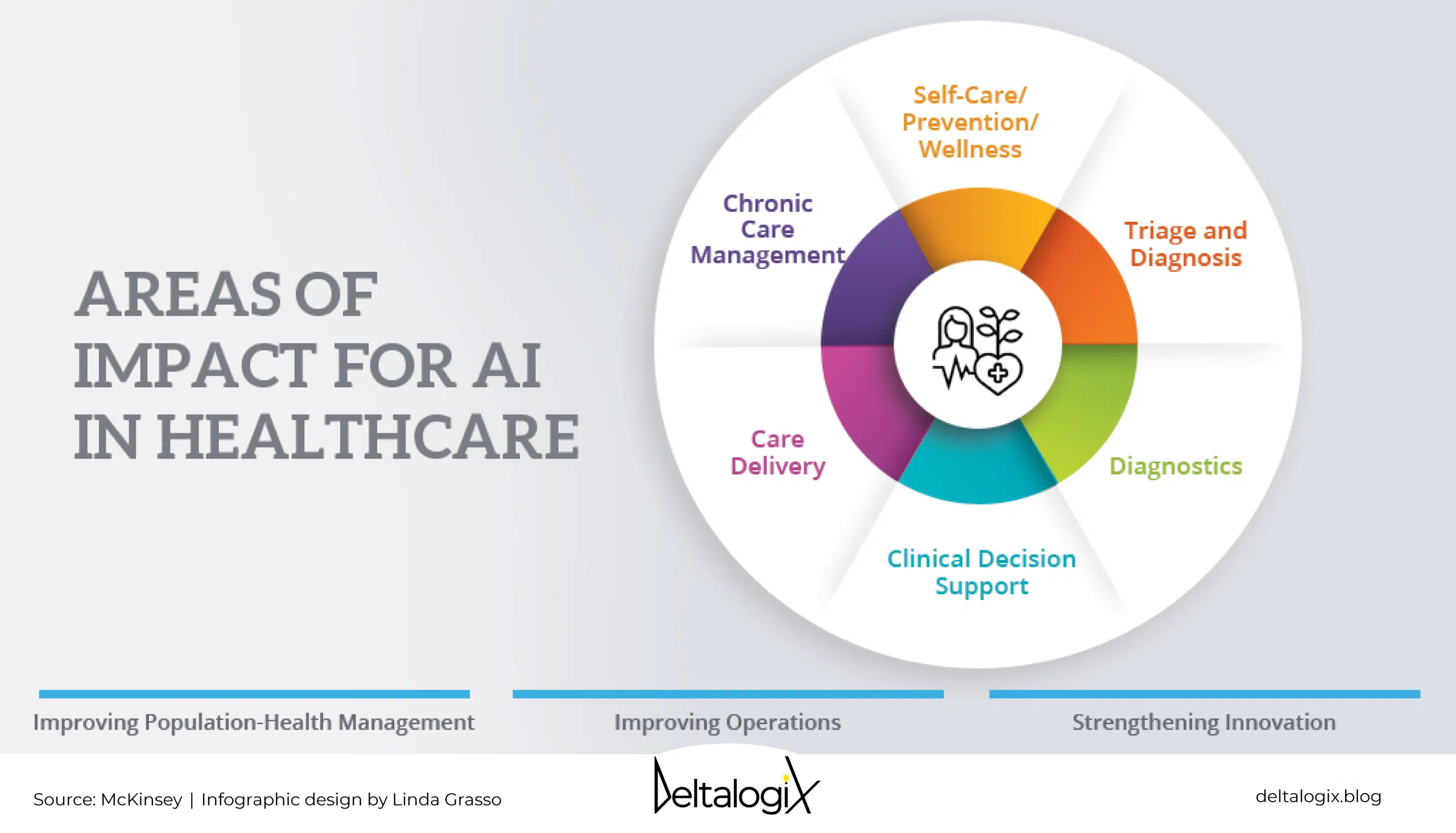Your doctor (and ChatGPT) will see you now. A peek into AI-assisted healthcare
BOSTON ‒ Dr. Rebecca Mishuris remembers her mother, also a doctor, bringing home her patients' medical charts every night and working on them long after she'd gone to bed. For years, Mishuris, a primary care physician at Brigham and Women's Hospital, repeated the ritual herself. But no more.
Since last summer, she's been piloting two competing software applications that use large-language models and generative artificial intelligence to listen in on, transcribe, and summarize her conversations with patients. At the end of a patient visit, it takes her just two to three minutes to review the summary for accuracy, cut and paste a few things into the patient's health record, and hit save.
"I look at my patients now (during a visit)," said Mishuris, who oversees the pilot project across 450 Harvard-affiliated providers and plans to expand to 800 within the next month. "It's a technology that puts me back in the room with my patient as opposed to putting up a barrier between me and the patient."

Embracing AI in Medicine
Mishuris, chief medical information officer and vice president of digital at Mass General Brigham, is among the earliest adopters of artificial intelligence in medicine, a field known for being slow to adapt to change. While some other doctors have incorporated AI and large-language models, such as ChatGPT that analyze reams of online language, into their practices, Mishuris and a team 200 miles away at NYU Langone Health are among the few who have opted to study its use. They want to ensure the technology improves overall care before they adopt it more widely.
Challenges in Healthcare Technology
No one wants to make a mistake that will lose the trust of patients or doctors when using this technology. After all, digital technology has disappointed both before. Electronic health records have become essential tools in medicine, replacing the rooms full of paper documents that were hard to maintain and subject to fires and other losses. But patients hated the shift to electronic health records.

Rather than building a relationship with a physician, they felt they were now talking to the back of a caregiver's head as they listened to clacking fingers rather than making eye contact and listening to the murmurs of someone paying close attention. Doctors disliked them even more. Dr. Christine Sinsky, vice president of professional satisfaction at the American Medical Association, calls the shift to electronic health records the "great work transfer." Physicians, rather than nurses, medical assistants, or clerical workers, were suddenly responsible for recording most of their patients' data during clinic visits.
Impact on Physician Burnout
In a recent survey of doctors, nurses, and other health care workers conducted by the AMA, nearly 63% reported symptoms of burnout at the end of 2021, up from 38% in 2020. Inbox work also contributes to burnout, with the volume of inbox work rising 57% in March 2020. Burnout leads to medical errors, increases malpractice risk, reduces patient satisfaction, damages an organization’s reputation, and reduces patients’ loyalty.
The amount of time doctors put in during their personal time ‒ commonly called "work outside of work" or "pajama time" ‒ is often a good predictor for burnout. Doctors in the top quarter of pajama-time workers are far more likely to feel burnout than those in the lowest quarter. Among the other new requirements adding to burnout is the expectation doctors will be "texting while doctoring" ‒ typing throughout a medical visit. This experience is as deeply unsatisfying for the doctor as it is for the patient.
Enhancing Patient Care with AI
Still, early responses to the AI notetaking technology from Harvard and NYU Langone have been positive. Many have reported "drastic changes in their documentation burden," saying in some cases that they've been able to leave their clinic for the first time without paperwork hanging over them. Mishuris' study also measures how much time doctors spend on their visit notes, in the electronic health records after clinical hours, and how much they change the AI-drafted notes.
At NYU Langone, early results show the technology was able to translate visit notes to a more understandable level for patients. The goal of using AI is to make doctors more efficient, improve the experience in the room, and ultimately enhance patient care while reducing burnout.
Future of AI in Healthcare
The success of AI in healthcare technology will come down to whether doctors are willing to adopt it and patients are comfortable with it. Early experiments show promise in making medical visits more effective and efficient, ultimately benefiting both healthcare providers and patients.
With continued research and implementation, AI-assisted healthcare has the potential to revolutionize the industry, providing personalized care, improving patient outcomes, and reducing the burden on healthcare professionals.




















